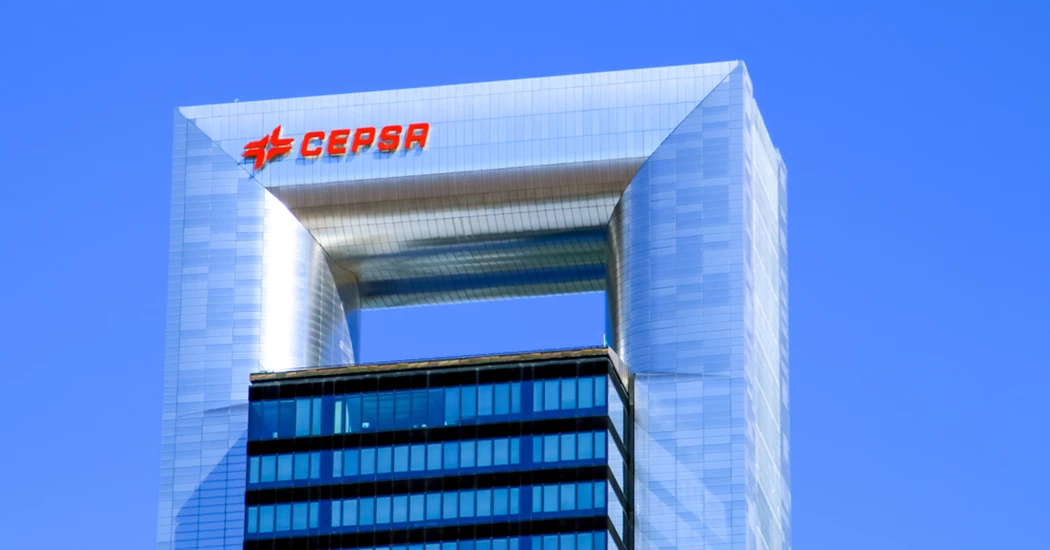Cepsa and Iberia partner to decarbonise air transport
Spanish integrated energy company Cepsa on Monday signed an agreement with Spanish airline Iberia and Iberia Express for the research and commercial-scale production of sustainable aviation fuel (SAF) to help decarbonise the airline industry, the companies said in a statement.
The two Spanish majors will primarily seek to develop and produce SAF on a large scale from waste, recycled used oils, and other sustainable plant-based feedstocks.
The partnership will also explore and develop alternative energies such as renewable hydrogen and electricity with the aim of promoting sustainable mobility for aircraft and the fleet of airport ground vehicles.
Iberia and its low-cost subsidiary Iberia Express have already committed to achieving net zero emissions by 2050, and to operating a minimum of 10 percent of their flights with sustainably sourced fuels by 2030.
“This alliance shows Cepsa’s commitment to sustainability and our firm determination to support our customers by providing them with viable solutions that accelerate their energy transition,” Maarten Wetselaar, CEO of Cepsa, said in a statement.
“As a benchmark in the supply of fuels for the airline industry, we share with the Iberia Group the common goal of promoting the decarbonisation of transport as a tool in the fight against climate change,” he added.
According to Javier Sanchez-Prieto, Iberia's Chairman and CEO, the development, production, and distribution of SAF at affordable prices is essential to decarbonise the aviation sector. “We are confident that this agreement with Cepsa will contribute to that goal,” he said.
KEEPING THE ENERGY INDUSTRY CONNECTED
Subscribe to our newsletter and get the best of Energy Connects directly to your inbox each week.
By subscribing, you agree to the processing of your personal data by dmg events as described in the Privacy Policy.
More renewables news

GE Vernova to Power City-Sized Data Centers With Gas as AI Demand Soars

Longi Delays Solar Module Plant in China as Sector Struggles

Australia Picks BP, Neoen Projects in Biggest Renewables Tender

SSE Plans £22 Billion Investment to Bolster Scotland’s Grid

A Booming and Coal-Heavy Steel Sector Risks India’s Green Goals

bp and JERA join forces to create global offshore wind joint venture

Blackstone’s Data-Center Ambitions School a City on AI Power Strains

Chevron Is Cutting Low-Carbon Spending by 25% Amid Belt Tightening

Free Green Power in Sweden Is Crippling Its Wind Industry
















